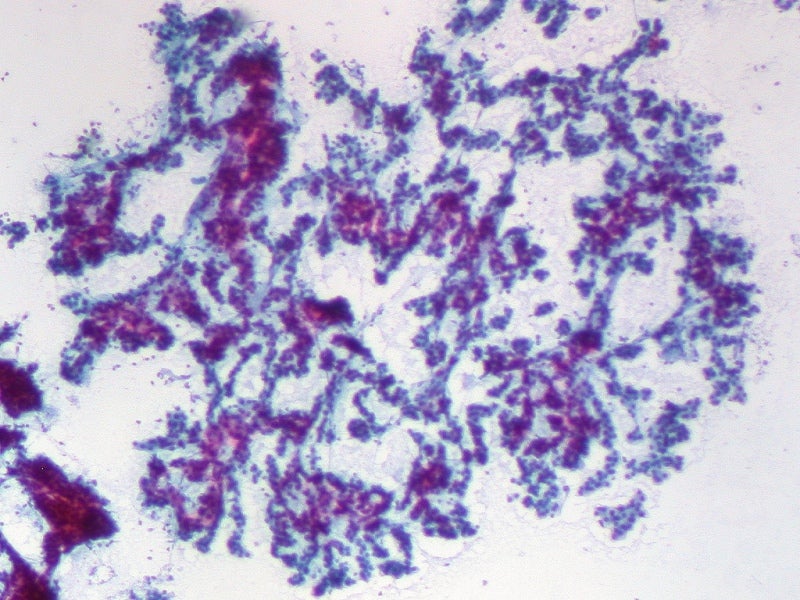
Bristol-Myers Squibb (BMS) has announced the initial findings of the ongoing Phase I/II CheckMate-040 clinical trial that is assessing an Opdivo (nivolumab) and Yervoy (ipilimumab) combination in advanced hepatocellular carcinoma (HCC).
The open-label, multi-cohort trial involves patients that were previously treated with sorafenib.

Discover B2B Marketing That Performs
Combine business intelligence and editorial excellence to reach engaged professionals across 36 leading media platforms.
Data has shown that the blinded independent central review (BICR) objective response rate (ORR) was 31% per RECIST v1.1 criteria, with a minimum follow-up of 28 months.
The median duration of response (DoR) was observed to be 17.5 months at the time of data cutoff.
During the CheckMate-040 trial, subjects were randomised to three different dosing schedules of Opdivo plus Yervoy. Responses were reported in all three treatment arms.
Participants that received 1mg/kg Opdivo and 3mg/kg Yervoy every three weeks for four cycles had the longest median overall survival (OS) at 22.8 months and a 44% 30-month OS rate.

US Tariffs are shifting - will you react or anticipate?
Don’t let policy changes catch you off guard. Stay proactive with real-time data and expert analysis.
By GlobalDataAcross the Opdivo plus Yervoy cohort, 5% of subjects achieved a complete response (CR), while 26% experienced a partial response (PR). The safety profile was found to be acceptable.
Bristol-Myers Squibb gastrointestinal cancers development lead Ian Waxman said: “Opdivo has been an important treatment option for patients with advanced HCC since 2017, when it became the first immuno-oncology agent FDA approved for this aggressive cancer.
“We are encouraged by the efficacy observed with the Opdivo plus Yervoy combination in this cohort of CheckMate-040 and are grateful to the patients and investigators for their participation in this study, without whom this progress would not be possible.”
The Phase I/II trial is being conducted to study Opdivo as a single agent or combination therapy in advanced HCC patients with and without chronic viral hepatitis that are treatment-naïve, intolerant, or progressed during sorafenib treatment.





